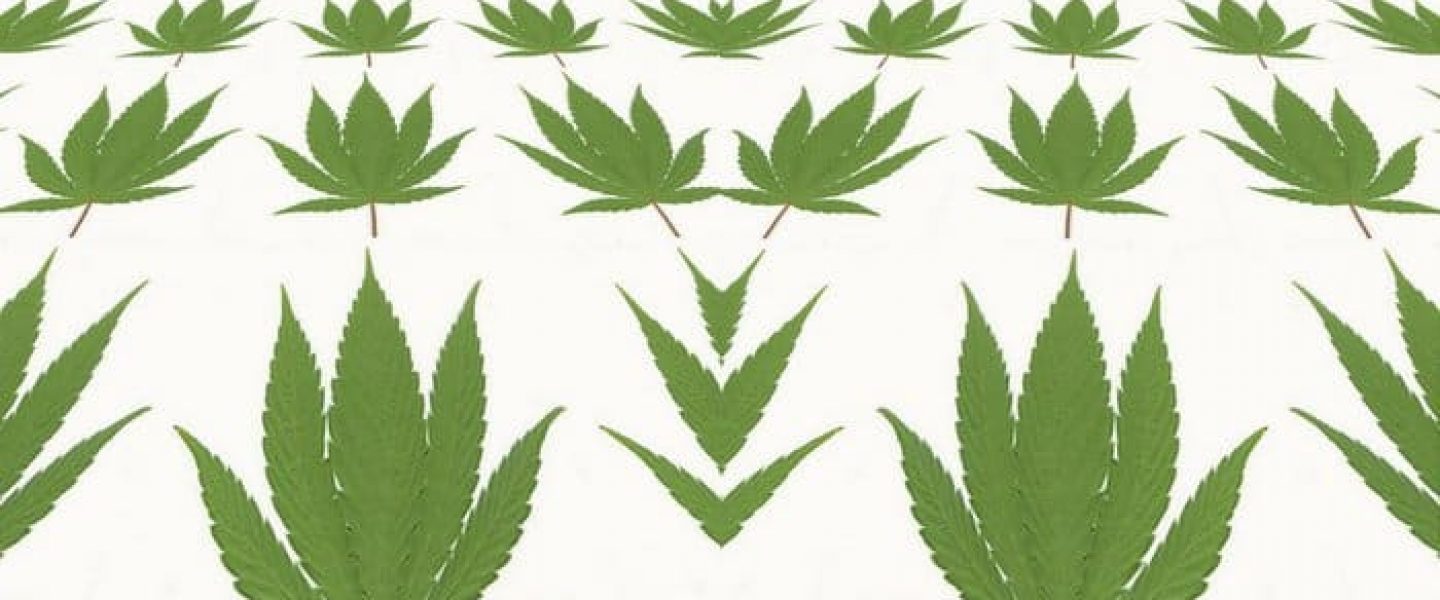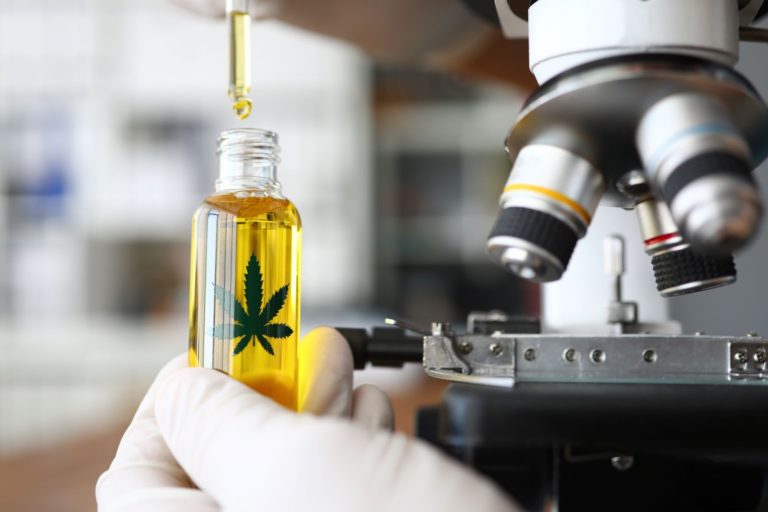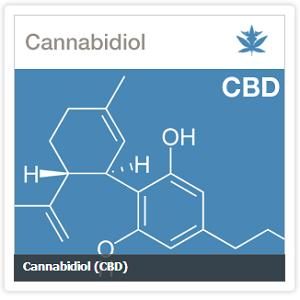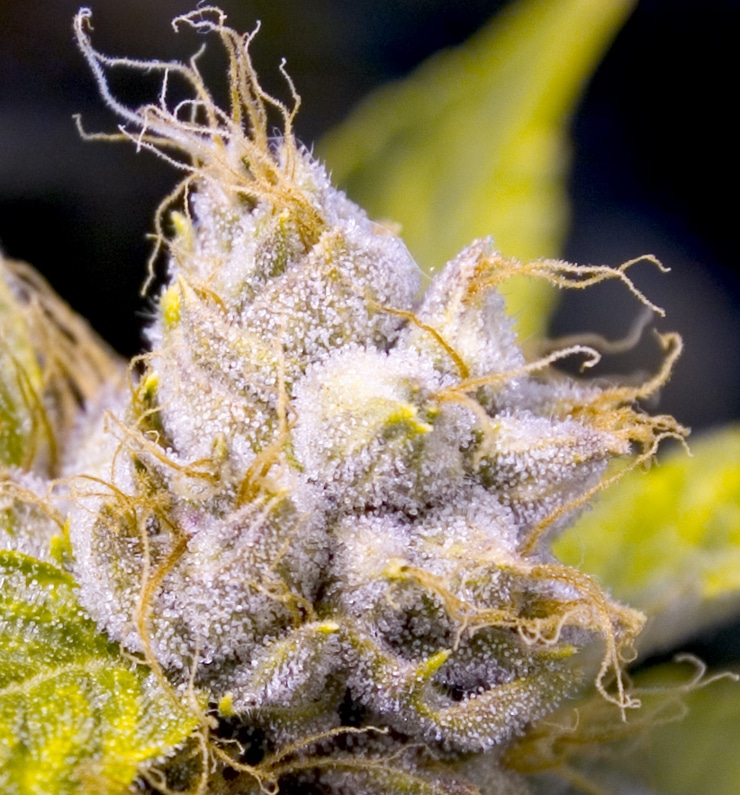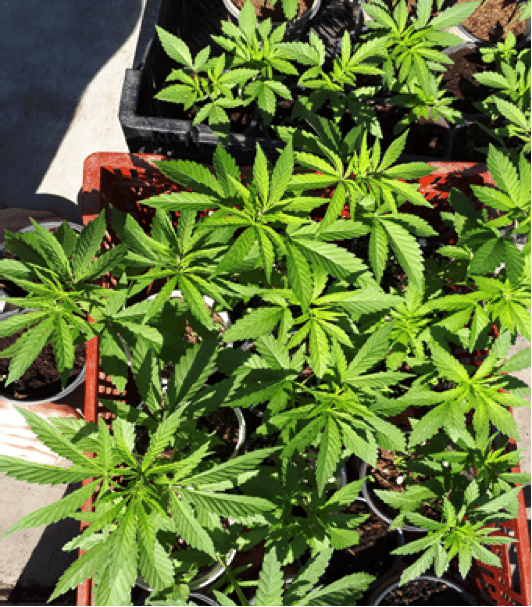Cannabis users have been claiming “yes” for ages, but the naysayers still run rampant. A recent article from Psychedelic Times digs into this continuous debate.
It turns out that THC can stimulate creativity, however, this effect depends on several already existing factors, like the already natural creativity level existing in the individual and and the dosage that they take.
If you want to dive into the nitty-gritty details, we recommending checking out Psychedelic Times’ following article:
Does Cannabis Increase Creativity? Studies Suggest It Depends on Dose and Personality
A few years ago, a friend who used cannabis daily to relieve insomnia told me that, while marijuana was still helping him sleep, he felt it no longer promoted creative thinking like it used to. “It’s just not the same anymore,” he complained. When he first started smoking, he felt inspired to compose music, write lyrics, and draw; now he just felt complacent.
Was marijuana inhibiting my friend’s creativity? On the contrary, it’s long been suggested that cannabis actually promotes creative thinking. Studies dating back to 1970 show that regular users report having more original thoughts while using marijuana, and more recent research also indicates that up to 50% of cannabis users think it heightens their creativity.
However, results from two newer studies—a Dutch study published last year and a 2012 British study—take other factors into consideration, including the strength of cannabis strains, how often a person uses it, and their baseline personality. The results back up my friend’s suspicion but also shed some light on other influencing factors. According to these studies, regular use of cannabis strains high in THC may decrease creative thinking skills, but cannabis’ particular effects also may depend on your personality.
Considering there’s no universally agreed-upon definition of creativity, it can be tricky for a study to effectively measure it. Rather than define creativity as a product of creative activities or as a personality type, the 2015 study from Leiden University in the Netherlands tested participants on two classic creative processes: divergent thinking, in which you come up with many solutions to a single, loosely-defined problem (otherwise known as brainstorming), and convergent thinking, when you find the single best solution to a well-defined problem. Both processes are integral to creative thinking: one helps you produce many ideas and the other helps you choose the best one.
Low doses appear to be more effective at increasing elements of creativity.
It seems reasonable to think that smoking would increase divergent thinking, which is optimal when your dopamine levels are high (THC has been shown to increase dopamine in the brain) but that it would weaken convergent thinking, which functions better with lower levels of dopamine.
Interestingly, the study showed that using cannabis did correlate with increased signs of divergent thinking, but only to a certain point. Whereas the low dose (5.5 mg of 19% THC) was associated with a slight increase in divergent thinking traits like fluency, flexibility, and originality, the higher dose (22 mg THC) had a much stronger and opposite impact, actually decreasing divergent thinking to well below the control group’s average score. In other words, a little bit of cannabis increased creative thinking, but a high dose decreased it to below sober levels.
It’s important to note that the study focused on regular cannabis users—“regular” being defined as using marijuana at least 4 times a week for two years—which is a population known to have lower levels of dopamine. It’s possible that the effects on a less-frequent user would be different, but the chosen audience is part of what make this study an important addition to the discussion on marijuana today. As marijuana becomes more widely used for its medicinal properties, it’s important that we understand the effects of its long-term use so we can manage treatment in the healthiest way possible.
Some Use May Carry Benefits, Particularly for the Uncreative
So does cannabis really hurt creativity despite what people say? After all, plenty of individuals have reported major creative revelations on marijuana. Astrophysicist Carl Sagan, a staunch but secret cannabis advocate, wrote in his anonymous marijuana chronicles “Mr. X” that “I find that most of the insights I achieve when high are into social issues, an area of creative scholarship very different from the one I am generally known for.” In the chronicle, he details how one idea that came to him while on cannabis inspired twelve essays on the “origins and invalidities” of racism.
Individual stories like that—in which not only are creative ideas inspired but the ideas are outside of one’s field or normal realm of thinking—suggest, pretty powerfully, that cannabis can inspire creativity. Beyond personal anecdotes, other studies have shown that cannabis can increase creativity in some circumstances. It seems like the key might be the amount of marijuana you use and how creative you are naturally.
Another study from University College in London looked at the difference in divergent thinking between two groups defined as “high” or “low” creativity on a scale of creative traits. This study also used regular cannabis users (on average, participants used marijuana 15 days a month), but, this time, researchers asked that participants smoke their own marijuana at home and then perform cognitive thinking assessment, both with marijuana and when sober.
The study showed that smoking cannabis increased divergent thinking acutely in the low creativity group but less so in the high creativity group—under the effect of cannabis, the low creativity group was “as creative” as the high creativity group (compared to sober, when they scored much lower on creativity assessments). In simple terms, the study suggests that if you’re already creative, marijuana won’t make you much more creative. If you’re not creative (or in a creative rut), it may help you.
So, how can we make sense of these different results? One clue may lie in the strength of THC in the cannabis strains, which was relatively low in the British study at an average 10% THC content—almost half the strength of the marijuana in the Dutch study. And in the Dutch study, it was the “high” dose of cannabis at which participants had low creativity—with the smaller doses, their creativity increased slightly. As with the research on the effects of cannabis on depression and bipolar disorders, it seems that moderation may be the key to effectively using cannabis as a catalyst for creativity.
Psychedelics and Creativity
In a discussion about cannabis and creativity, it’s also worthwhile to bring up other psychedelics, like LSD and psilocybin, which are growing in their reputation as creativity enhancers. Namely, microdosing—taking small amounts of a psychedelic, usually around 1/25 of the amount you’d usually take—has become a popular way to enhance creativity and problem-solving skills. Unlike with cannabis, it’s pretty universally accepted among those microdosing LSD and psilocybin that a lower dose is the “sweet spot” for boosting creative functions.
Meanwhile, marijuana’s drastic increase in strength over the last few decades means that a normal strain today might average anywhere from 18 to 30 percent THC. In other words, it’s not hard to achieve what would be termed by these studies as a “high” dose. Compared to other psychedelics like LSD and psilocybin, marijuana is often seen as a more “casual” substance—people are more likely to use it daily and, due to its quick administration, it’s more likely that a smoking habit will become mentally addictive.
Results from studies like these bolster the opinion that, rather than be treated as a more casual cousin to other psychedelics, marijuana deserves just as much respect when dealing with its powerful and varied effects. As with all psychedelics, the proper use of dose, set and setting, and integration make all the difference in creating a positive, healthy experience.

